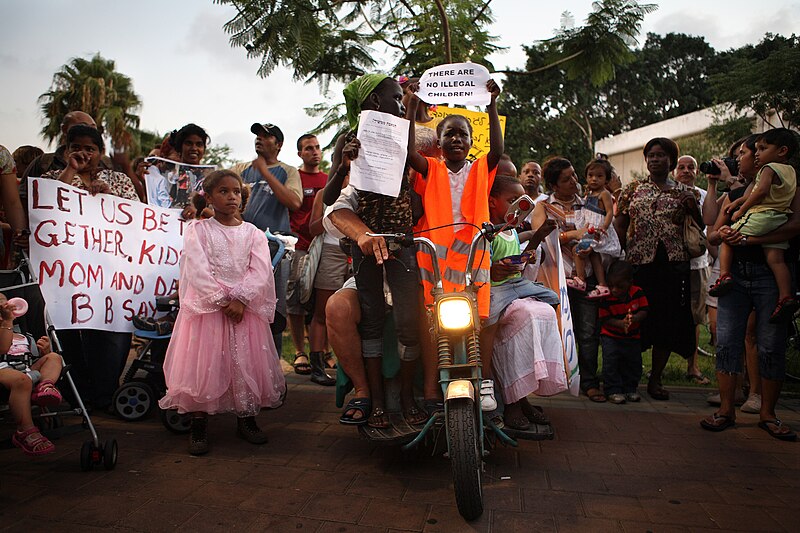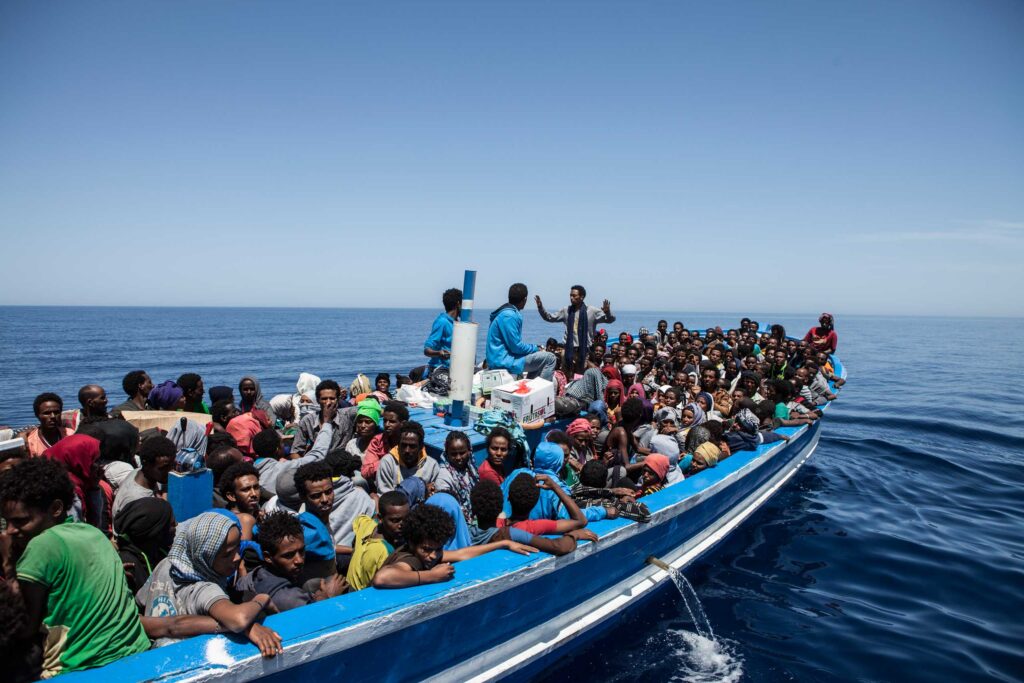The ACSRM provides a deep understanding of the global migration crisis and contributes to policy options for better governance of migration to alleviate the sufferings and hardships faced by migrants, address the challenges related to migration for origin, transit, and destination countries, and foster the fundamental role of migration for the betterment of societies, considering the visions, priorities, aspirations, and concerns of African countries.
Migration is one of the fundamental elements in the 21st century’s policy debates. The international media coverage of the sufferings and tragic circumstances occurring in the context of irregular migration, human trafficking, smuggling, and forced displacement; the increasing socioeconomic precarity, human rights violations, violence, and abuses facing migrants all around the world are facets among many others of the 21st century’s international migration dark side.
At the other end of the spectrum, migration is part and parcel of human history and has significantly shaped human societies. Migration is often considered a coping strategy to escape conflicts, violence, natural disasters, economic crises, unemployment, poverty, difficult living conditions, and other hardships. Progress in transport, information communication technology, the internationalization of labor markets, and the globalization processes are drivers of international migration within, from, and to Africa. Whether voluntary or involuntary, migration has played a significant role in societies economically, socially, culturally, and demographically.
The Global Compact on Migration calls for strengthening human rights-based migration governance and international cooperation to address global challenges related to migration and ensure an orderly, regular, and secure migration that benefits migrants and their families and origin, transit, and destination countries alike.
Various international/global, regional, and continental instruments aimed at promoting and protecting the human rights of migrants exist. However, the main challenge is the implementation gaps regarding these international human rights instruments on migration.




